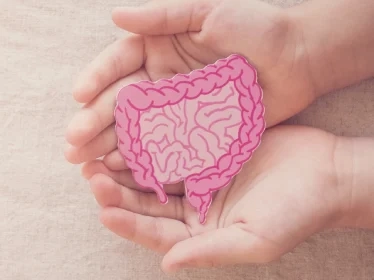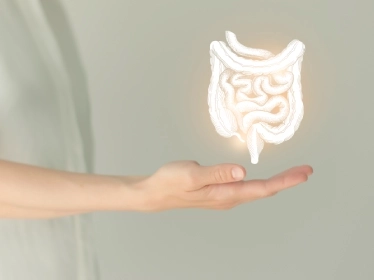
Fatty Liver disease can lead to other more serious health issues. Learn more about this condition and how you can keep your liver healthy.
What is fatty liver disease?
Fatty Liver also is known as non-alcoholic fatty liver disease (NAFLD). It is a condition in which fat builds up in the liver. NAFLD is increasingly common and is now the most common cause of liver disorder in industrialised countries.
There are two types of NAFLD:
- Non-alcoholic fatty liver (also called NAFL) – In NAFL, the liver has fat build-up, but is not inflamed. This usually does not lead to serious problems.
- Non-alcoholic steatohepatitis (also called NASH) – In NASH, the liver has fat build-up and is inflamed. Chronic inflammation of the liver leads to hardening of the liver (Cirrhosis) which may lead to liver failure and liver cancer.
Investigations are done to differentiate NAFL from NASH. They include:
- Blood Tests
- Scans to determine the amount of fat and scarring in your liver
- (Sometimes) Liver biopsy - a process in which the doctor removes a small sample of tissue from the liver. Another doctor then looks at the sample under a microscope to see if NASH is present.
What causes Fatty Liver?
The exact cause of fatty liver is not known. But it happens more often in the following conditions:
- Overweight
- Diabetes
- High Cholesterol
Does heavy drinking contribute to fatty liver disease?
People who drink too much alcohol can get a condition similar to fatty liver. But fatty liver is not directly caused by drinking alcohol.
How will I know if I have fatty liver disease?
NAFLD usually have no symptoms. It is often found when a person has Ultrasound test of the abdomen for other reasons.
What can I do to get rid of fatty liver?
There is no direct treatment for fatty liver. But the condition can get better when other medical conditions associated with fatty liver get treated.
For example:
- Losing weight
- Controlling high blood sugar
- Controlling high cholesterol
Making these changes has benefits besides helping with NASH. These changes can also reduce your chances of having a heart attack or stroke. This is important because people with NASH are often also at risk for heart disease and stroke.
If you have a severe form of fatty liver, i.e. Non-alcoholic steatohepatitis (NASH), but do not also have diabetes or heart disease, your doctor may also treat you with high dose vitamin E. While some research suggests that Vitamin E treats NASH, there are also studies that suggest that high doses of vitamin E increase the risk of death. Therefore, do not take high levels of vitamin E unless recommended by your doctor.






